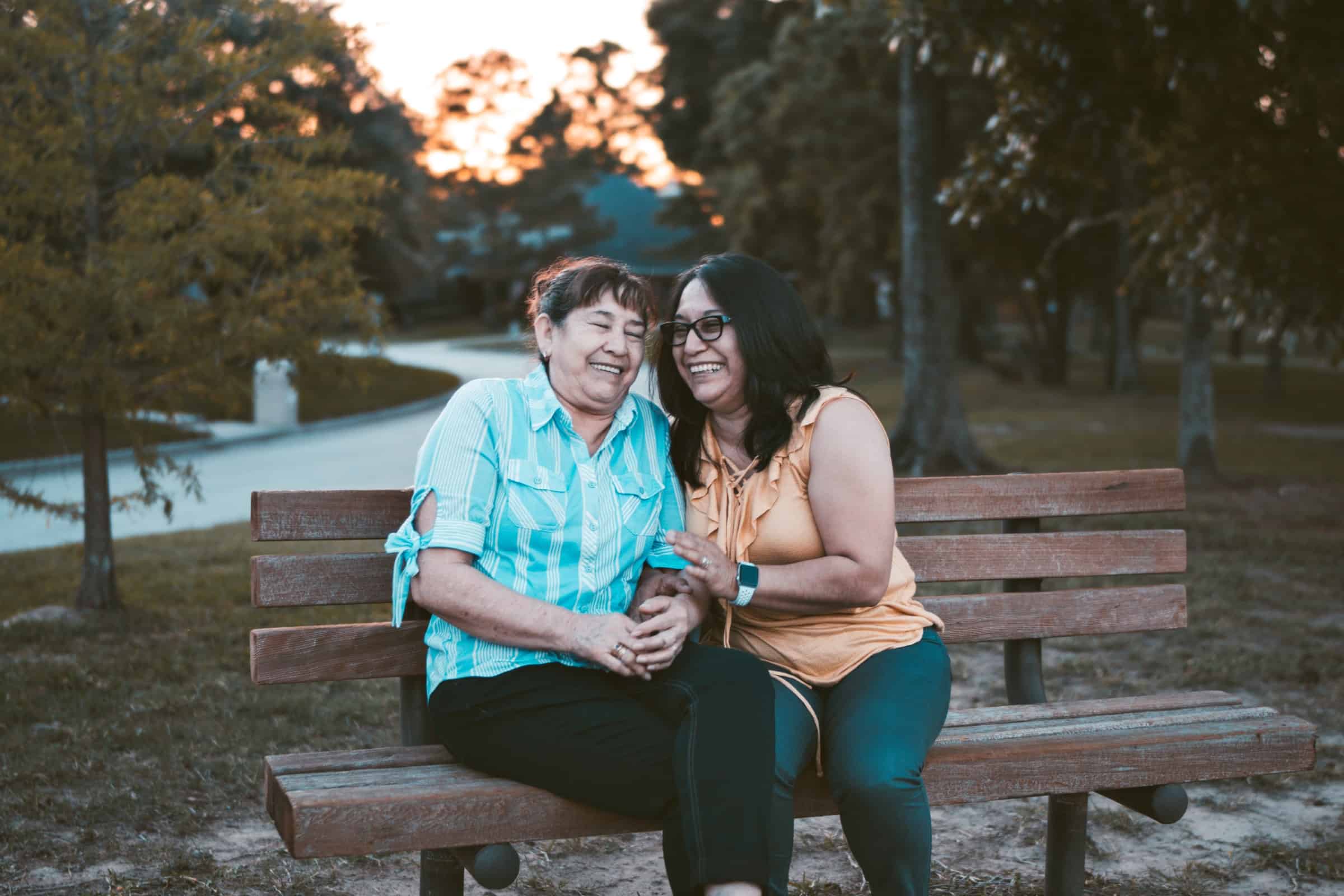
Claiming for Care and Assistance
When an individual suffers injury as a result of an accident, this can often result in restrictions or disabilities that will give rise to the need for some form of care. With serious injuries, claims for past and future care and assistance can often form the largest element of a personal injury claim.
How to establish care and assistance requirements
In order to place a value on the care and assistance that the Claimant needs, it will be necessary to establish the type and level of care that the Claimant requires and also the cost of providing that care.
Where a Claimant has suffered significant injuries, their solicitor will often ask the Defendant’s insurer to fund an immediate needs assessment (‘INA’). The INA will usually be conducted by a case manager with expertise in the type of injury suffered. The case manager’s report will contain various recommendations and, if necessary, a provision for care and assistance and an estimate of the cost.
In order to establish the Claimant’s care and assistance needs in the long term, a report will often be obtained from a care expert, and occupational therapist or another appropriate medical expert. These reports will form part of the medical evidence in the claim
Funding care and assistance
There are a number of ways in which a Claimant’s care and assistance can be funded. In very serious cases, where the Claimant requires residential care, the local authority has a duty to provide this free of charge. Treatment and care may also be available from the NHS.
Where the Defendant has been found liable for the Claimant’s injuries, the Claimant usually has the right to choose whether the local authority, the NHS or the Defendant should be responsible for the future funding of care.
When the court assesses the value of the future care claimed, they will disregard the availability of NHS treatment and care. However, the court will not disregard the availability of care from the local authority. Where the Claimant seeks to recover privately funded care from the Defendant instead of, or in addition to, local authority care, it must be established that this private care is reasonable.
The cost of care and assistance
Once an appropriate care regime has been established, the cost of implementing that care needs to be considered. The experience of the carer, the nature of the care and where the Claimant lives will all be relevant when considering the reasonable cost of the care.
The Claimant will be entitled to recover an attractive rate of care, rather than only the cheapest care prices. The past costs of care can be a useful indication of what the future costs will be, as will the rates charged by local care providers. Higher rates will apply where the care is specialised or required at weekends or at night.
Gratuitous care
The case manager or expert may well recommend that some or all of the care and assistance required be provided by the Claimant’s friends and relatives, in other words, on a gratuitous basis.
Claimants will often prefer their friends and family members to carry out their care needs if possible, particularly if that has been the prior arrangement.
Gratuitous care will usually involve domestic chores, such as cooking, cleaning and shopping. It may also include child care, DIY, driving and gardening. The Claimant will only be able to recover compensation for care and assistance that is provided ‘over and above’ the usual amount given in ordinary family life.
Friends and relatives of the Claimant are encouraged to keep diaries of the additional care that they have provided. Memories can fade with time and a care diary can help recollect and calculate a past gratuitous care claim.
When calculating a gratuitous care claim, it is very common for a 25% discount on the commercial rate of care to be applied. This is to reflect the tax, national insurance, travelling and other expenses that a commercial carer would have to pay, which friends and family do not.
Occasionally, the rate will not be discounted by the Court if the care was very high quality, provided during unsociable hours or where the carer has given up well paid employment in order to care for the Claimant.
Claims for future gratuitous care may also not be discounted if purchasing private care would also be reasonable. In addition, there may be a risk that the Claimant’s friends and family will no longer be able to provide gratuitous care and assistance in the future, for example, due to age or health issues. This may also prevent the rate from being discounted.
Claimants and their friends and family should bear in mind that, if they have received any benefits in respect of care, for example carer’s allowance, this will be deducted from any past care and assistance awarded. You can read my blog on recoverable benefits.
Any compensation that is recovered for care provided on a gratuitous basis is to be held on trust by the Claimant for the benefit of the carer.
Final thoughts
A range of injuries can result in difficulty performing the day-to-day tasks that many of us take for granted. Care and assistance claims are therefore common in personal injury claims, particularly those where serious injuries have been suffered.
It is vital that Claimants are awarded sufficient funds to cover their future care and assistance costs, so that their compensation does not run out, either prior to their recovery or during their lifetime. Claimants and their families must therefore ensure that they instruct experienced solicitors who will obtain all the necessary evidence in support of this aspect of the claim and calculate the loss appropriately.
Another loss that can often amount to a significant proportion of the compensation in a personal injury claim is loss of earnings. You can read my blog on claiming loss of earnings.










